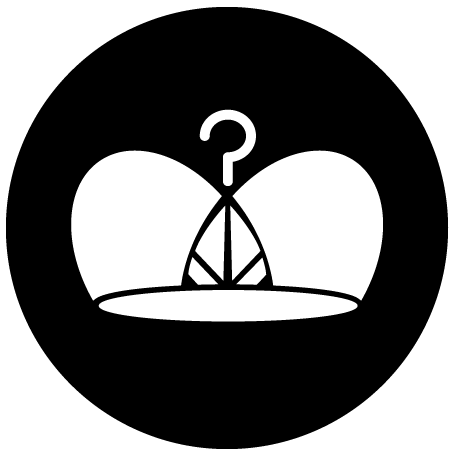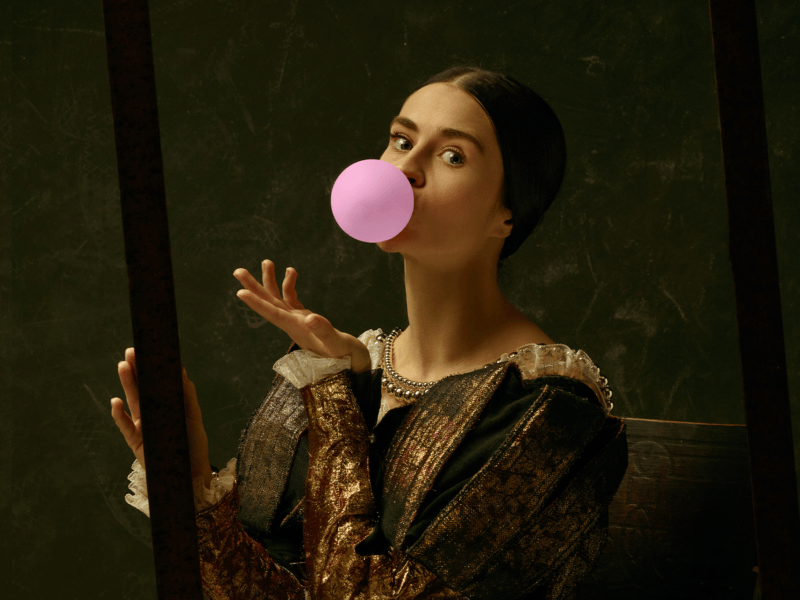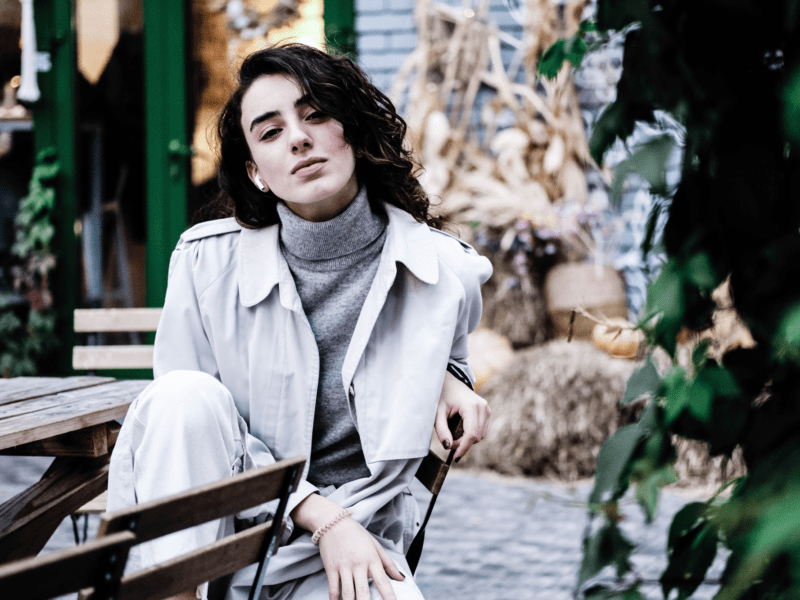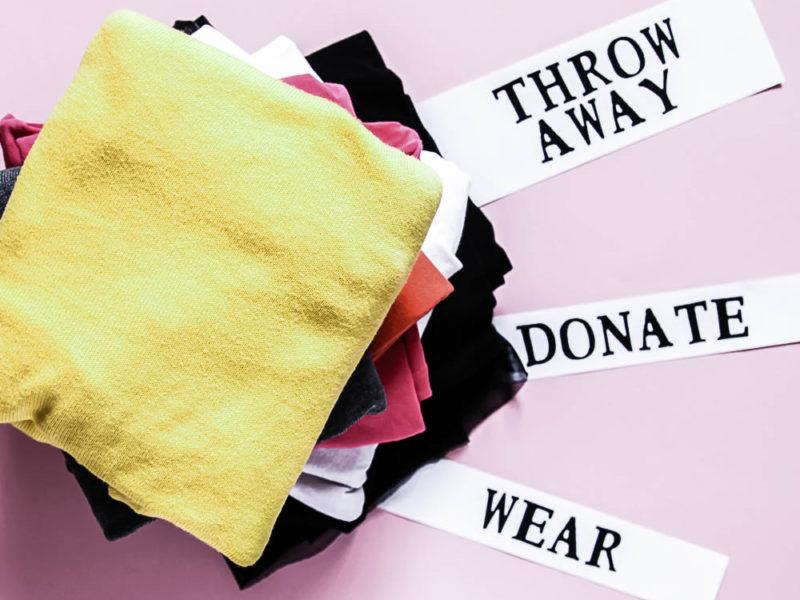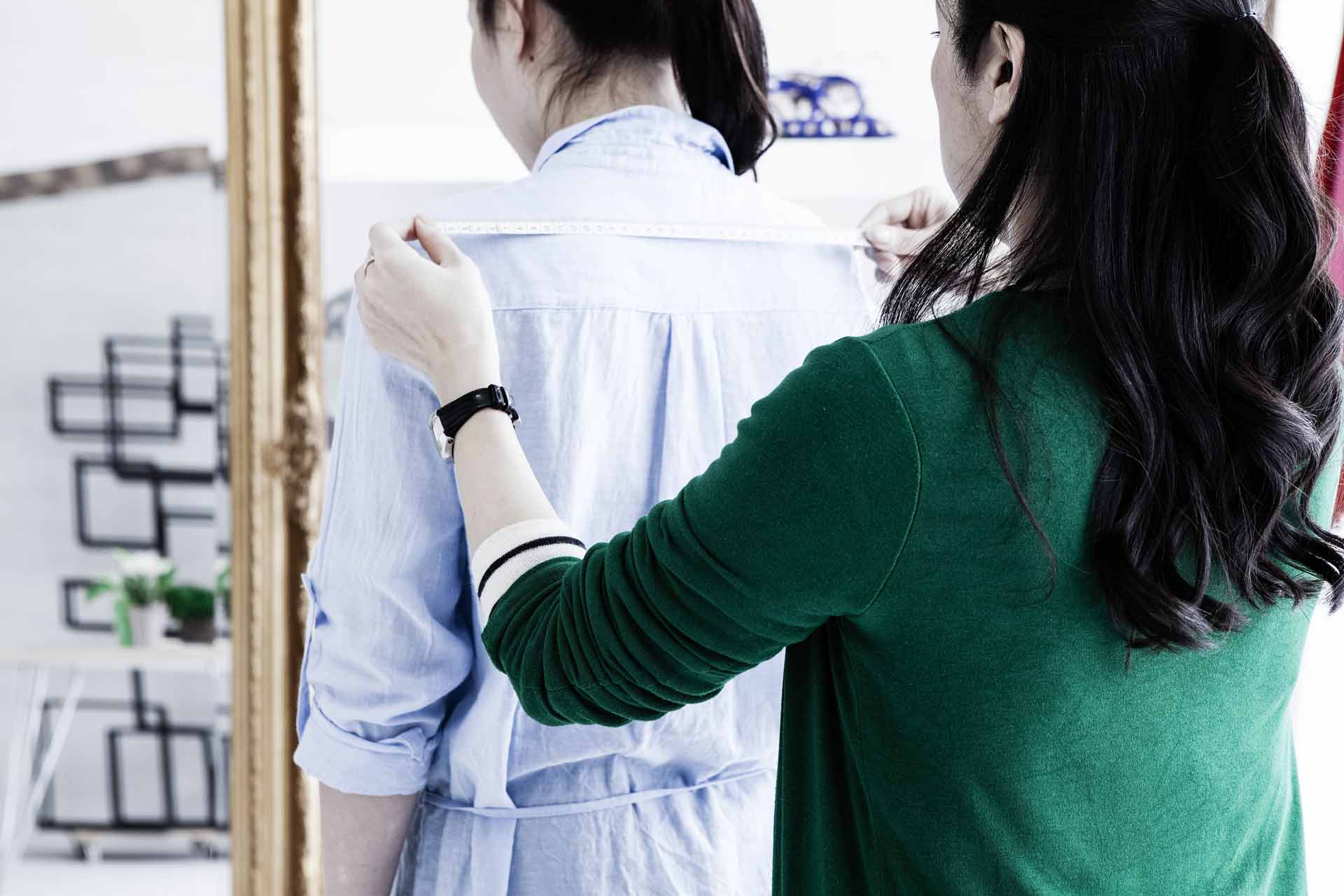
One of the reasons why we end up with too much clothing we don’t wear is that it doesn’t fit us right. It doesn’t highlight the best parts of our bodies or even worse – highlights what we’d prefer to hide.
At the same time we are highly influenced by the beauty standards we see on social media and in fashion advertising. How often do you encounter a plus size woman modeling an outfit? Not very often, and this is because brands are well aware that their clothing looks best on particular body shapes – Rectangle or Hourglass. Of course, the better it looks, the better it will sell. Meanwhile, the toxic exposure to these made-up body shape standards can leave us depressed and make us insecure about our bodies.
Why should we care about body shapes?
The knowledge of body shapes is unfortunately out of reach for many women. It’s not something we learn at school or cloth shopping, but primarily a privilege of fashion stylists. We at Sparkpick believe that sustainable fashion has to challenge that.
Knowing your body shape will help you learn how to determine what clothing fit you best, eliminate non-fitting clothes, and prevent fashion waste. Most importantly, knowing visual tips and tricks will help you embrace your body and love it as it is, and boost your self-esteem. Isn’t that what the purpose of fashion is to begin with?
Creating visual balance – this is the main concept behind dressing our body shapes.
Human brains are wired to look for visual balance, and balanced objects are more visually appealing. This balance is defined by curves or lack of curves. Basically, what you want to get from analyzing your body shape is to define your curvy and non-curvy areas. When shopping for clothes, try to pick items that visually add curves to your non-curvy areas, and visually remove curves from your extra curvy areas.
Using this method will help you eliminate weeks of exhausting diets and negative emotions that appear every time you look at yourself in the mirror. You might also choose to embrace your body as it is and not to pursue visual balance, and that’s also fine!
Measuring your body shape
Let’s get started. It’s always best to wear dark, close-fitting clothing like a pair of black leggings and a fitted sports tee. Take a tape measure and stand straight with arms to the side, ideally against a white or a light background.
We will focus on 4 main measurements.
Key measurements
Shoulders: measure around the highest point of your shoulders.
Bust: wrap the tape around the fullest part of your bust.
Waist: measure around the narrowest point of your waist, which is usually around the belly button.
Hips: wrap the tape below your fullest point – around your hips and butt.
Identifying your body shape
Now that you know your measurements, we can determine your body type. There are five main different body shapes out there – Rectangle (Athletic), Hourglass, Pear (Triangle), Apple, and Strawberry (Inverted triangle).
Here are two tips that will help you identify your body shape more accurately.
1. Look for the proportions between the top and the bottom of your body.
2. Look for the curves and lack of curves at the top and the bottom of your body.
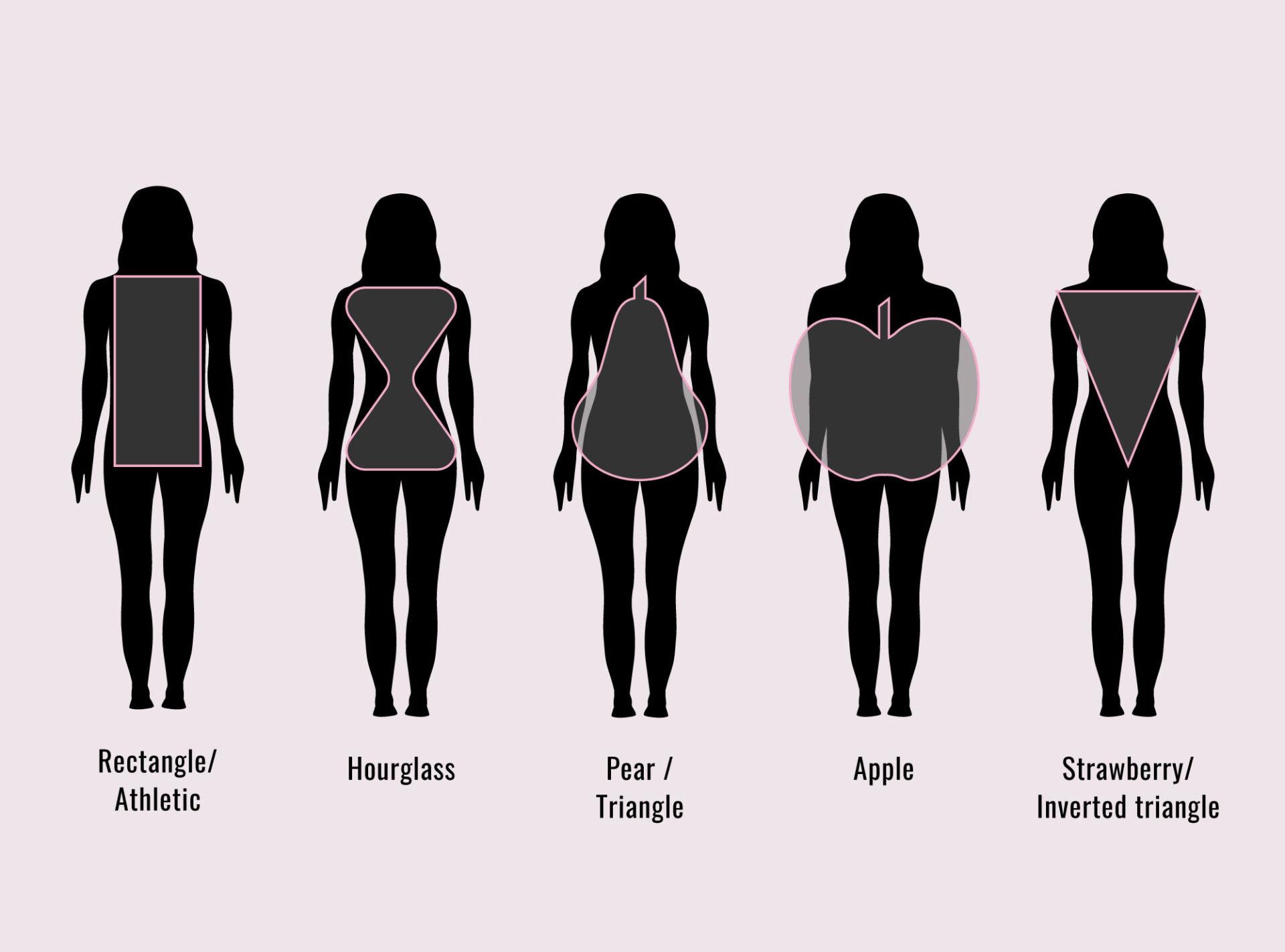
Rectangle and Hourglass body shapes are considered proportional because here a shoulder line is balanced with the hipline. Apple, Pear, and Strawberry body shapes are considered not proportional.
Rectangle body shape is characterized by a lack of curves. Hourglass shape has curves at the top and the bottom. Pear shape – lack of curves from shoulder to waist and curves from waist to hipline. Apple shape has curves from shoulder to hip and a lack of curves below the hipline. Strawberry shape – curves from shoulder to a minimal waist and lack of curves from waist to ankle.
Rectangle
Slim shape with smaller bust, slightly defined waist, and slim hips.
Proportional: shoulder line is balanced with the hipline.
Clear lack of curves.
Tip: If you choose to go for visual balance, you can create the illusion of curves at the top and the bottom with clothing.
Celebrities: Keira Knightley, Gwyneth Paltrow, and Natalie Portman.
Hourglass
Curvy bust, well-defined waist, curvy hips.
Proportional: shoulder line is balanced with the hipline.
Curves at the top and the bottom.
Tip: Clean lines and soft tailoring in clothing will help you emphasize those beautiful curves.
Celebrities: Marilyn Monroe, Salma Hayek, and Christina Hendricks.
Pear
Small bust, well-defined small waist, and wider hips.
Disproportional: shoulder line is not balanced with the hipline.
Lack of curves from shoulder to waist and curves from waist to hipline.
Tip: Style your top half with more detail to create a visual illusion of curves and with less detail below your hips.
Celebrities: Kim Kardashian, Christina Aguilera, and Jennifer Love Hewitt.
Apple
Full-bust, a flat or curvy tummy, no waistline, and slender legs and ankles.
Disproportional: shoulder line is not balanced with the hipline.
Curves from shoulder to hip, lack of curves below the hipline.
Tip: Style your top half with less detail, and create a visual illusion of curves at the bottom, showing your gorgeous slim legs.
Celebrities: Melissa McCarthy, Adele, and Amy Shumer.
Strawberry
Large bust, minimal waist, slim hips, and long, slim legs.
Disproportional: shoulder line can be balanced with the hipline but the shape looks unbalanced because of the heavy bust.
Curves from shoulder to a minimal waist and lack of curves from waist to ankle.
Tip: Style your top-heavy half with less detail, and below the waist with more detail.
Celebrities: Naomi Campbell, Angelina Jolie, and Renee Zellweger.
Are you petite or tall?
If you are petite or tall, you will need to know a couple more things in addition to your body shape. We’ll discuss it later in more detail but here is the top summary.
You are considered petite if you are 5’4” or 162.5cm in height. When styling yourself, make sure that your clothing fits well because baggy garments will make you appear even shorter. Keep frills and ruffles to a minimum.
You are tall if your height is over 5′ 8″ or 172.7cm. The same rule applies when it comes to styling – choose well-fitting clothing as loose clothing will make you look bigger.
In sum, a lot in fashion styling boils down to choosing clothing that fits your body shape.
Once you learn to dress for your body shape, you will love and appreciate your body more, be more confident, and build a wardrobe you absolutely love.
In the next lessons, we’ll walk you through top styling tips for each body shape.
